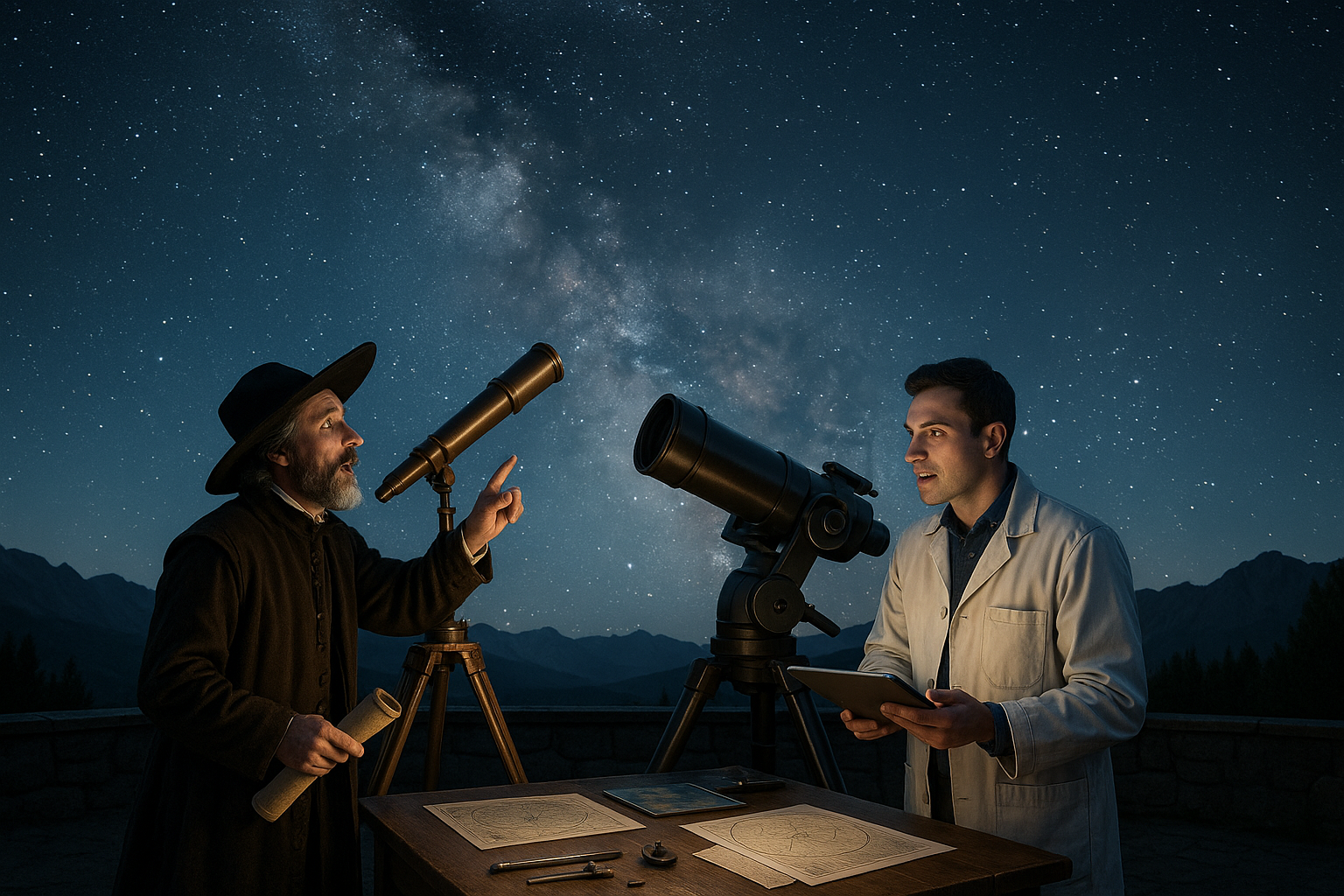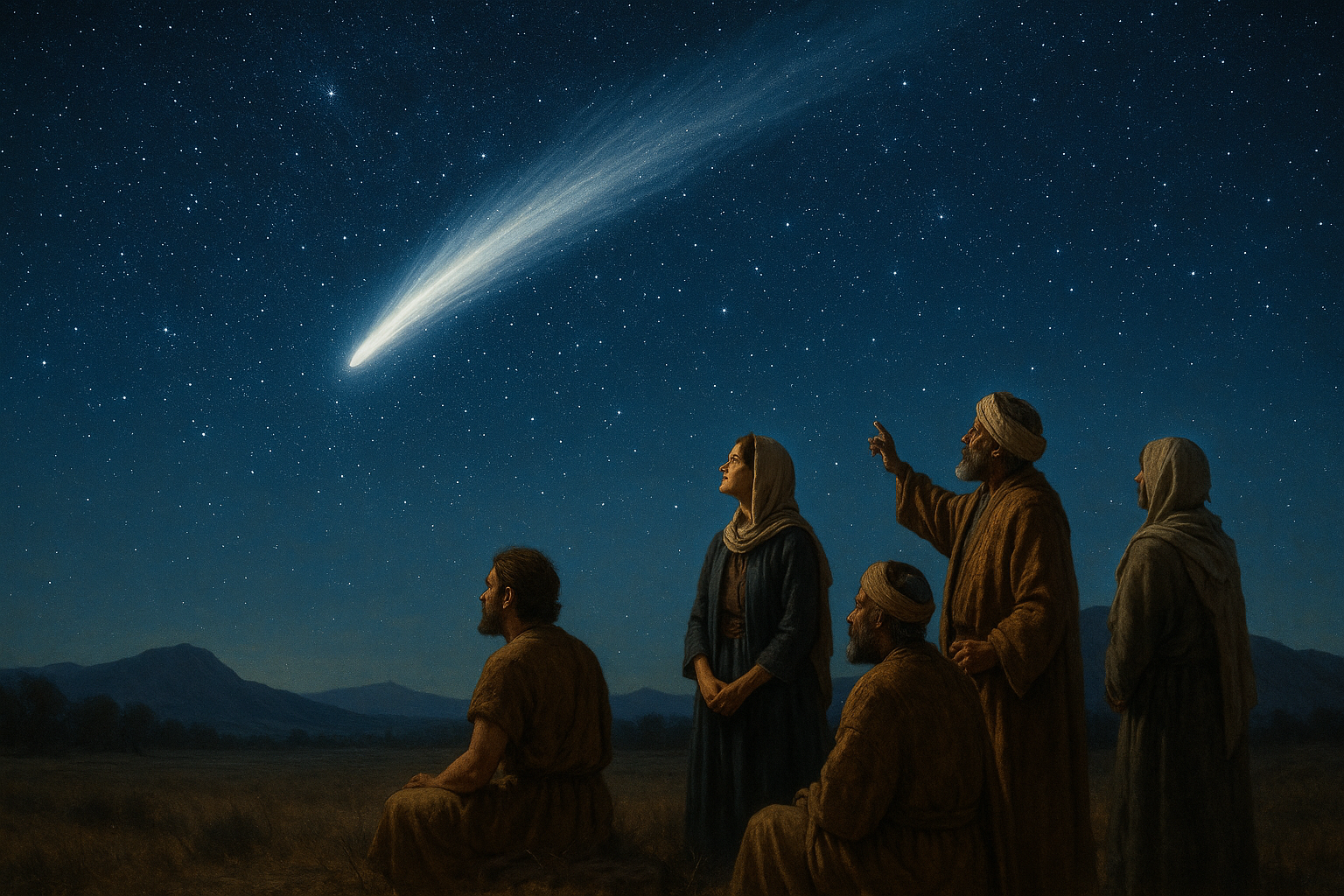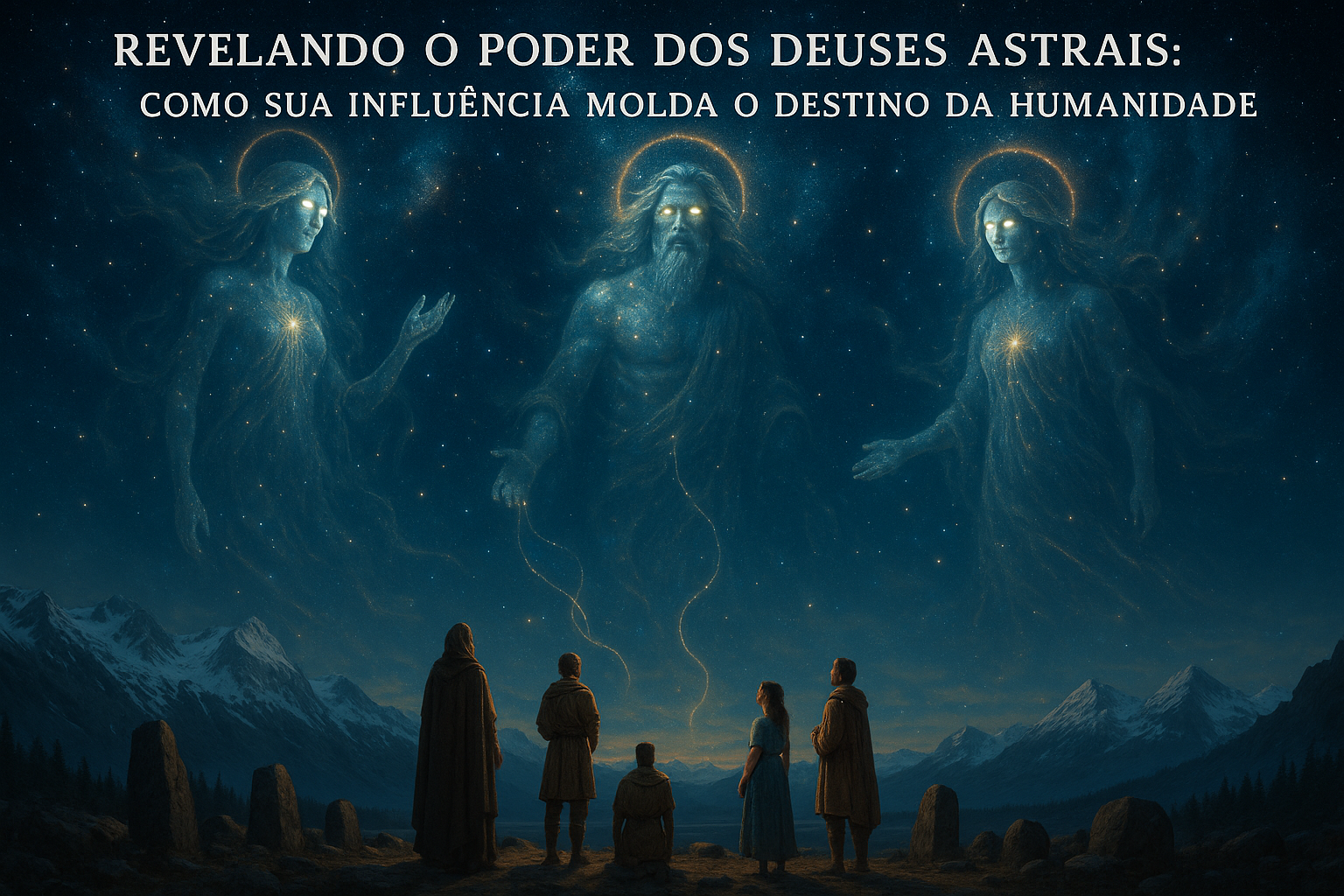In a world where information flows ceaselessly from every corner of the globe, and narratives are crafted in the blink of an eye, the enduring power of mythology and literature remains a fascinating testament to the resilience of storytelling. These ancient narratives, carved in the annals of time, continue to wield an astonishing influence over our modern stories and beliefs. They act as a lens through which we interpret our reality, offering both wisdom and caution. From the epic tales of Homer to the intricate narratives of contemporary literature, the interplay between mythology and literature has been instrumental in shaping human thought and culture. 📚✨
Imagine a time when the world was an unfathomable mystery, and the stars were the only map guiding the ancients through the darkness. In those times, mythology emerged not merely as a collection of fantastical tales but as a vital framework to understand life, nature, and the cosmos. These myths, passed down through generations, became the bedrock of cultural identity and moral guidance. Fast forward to today, and we find these same myths woven into the fabric of modern literature, television, and cinema, proving that their power to captivate and instruct remains undiminished. Whether it is the hero’s journey, the tragic fall, or the transformative odyssey, these archetypal narratives continue to echo through our stories, subtly influencing our perceptions and beliefs.
This exploration of the power of influence delves deep into the ways mythology and literature have shaped, and continue to shape, our collective consciousness. We will uncover how ancient myths provide a rich tapestry of archetypes and themes that are continually reinterpreted in modern literature, creating a dialogue between the past and present. Moreover, we will examine the psychological impact these stories have on individual and societal levels, unraveling how they influence everything from personal identity to cultural norms. By drawing connections between classic literary works and contemporary storytelling, we aim to illuminate the timeless nature of these narratives and their profound impact on our lives.
As we journey through this intricate landscape of stories and beliefs, we will also reflect on the transformative power of literature. From its ability to foster empathy and understanding to its role in challenging societal norms, literature serves as both a mirror and a window to the world, shaping the way we perceive ourselves and others. By the end of this exploration, it will become evident that the power of influence wielded by mythology and literature is not just a relic of the past but a dynamic force that continues to shape our future. So, embark on this voyage with us, as we uncover the threads that bind our stories together, transcending time and culture, to reveal the profound influence of mythology and literature on our shared human experience. 🌍✨
The Intersection of Mythology and Literature
Mythology and literature have long been interwoven, with each informing and enriching the other in countless ways. Mythology, with its rich tapestry of gods, heroes, and epic quests, provides a wellspring of inspiration for literature, offering narratives that transcend time and culture. These myths often serve as allegories, presenting universal themes such as love, betrayal, and redemption in a manner that resonates deeply with the human experience.
One of the most significant aspects of mythology is its ability to address existential questions and moral dilemmas through storytelling. Literature taps into these myths to explore human nature and societal norms, providing a reflection of the world through the lens of creativity and imagination. The stories told in ancient myths often become archetypes, recurring in literary works across generations. Authors, knowingly or unknowingly, weave these archetypes into their narratives, crafting stories that feel familiar yet fresh.
Moreover, mythology serves as a repository of cultural identity and collective memory. It provides context and continuity, helping societies understand their origins and values. Literature, by drawing upon these mythological themes, not only preserves these stories but also adapts them to contemporary issues. This dynamic interplay allows both mythology and literature to remain relevant, influencing beliefs and narratives in modern times.
The Role of Archetypes in Storytelling
Archetypes, as described by psychologist Carl Jung, are universal symbols and motifs that recur in myths, literature, and art. These archetypes, such as the Hero, the Mentor, and the Shadow, are deeply ingrained in the human psyche and serve as fundamental building blocks of storytelling. They provide a framework through which characters and narratives can be understood and interpreted.
For example, the Hero’s Journey, a narrative pattern identified by Joseph Campbell, is prevalent in both ancient myths and contemporary literature. This archetype follows a protagonist who embarks on an adventure, faces trials, and ultimately achieves a transformative victory. This structure is evident in works ranging from “The Odyssey” to “Star Wars,” illustrating its timeless appeal and adaptability.
The use of archetypes in storytelling not only enriches narratives but also allows readers to connect with the story on a deeper level. These familiar patterns evoke emotional responses and facilitate a shared understanding, transcending cultural and temporal boundaries. As you explore stories, notice how these archetypes shape characters and plotlines, creating a rich tapestry of interconnected themes and ideas.
Mythology as a Cultural Lens
Mythology serves as a cultural lens, offering insights into the beliefs, values, and practices of different societies. It reflects the worldview of a culture, providing a narrative framework through which communities understand their place in the world. By examining mythological stories, we can gain a deeper understanding of the cultures from which they originate.
For instance, Greek mythology is replete with tales of gods and mortals that explore themes such as hubris, fate, and divine retribution. These stories reveal the Greeks’ views on power, morality, and the human condition. Similarly, Norse mythology, with its emphasis on honor, bravery, and the inevitability of Ragnarok, offers a glimpse into the values of the Viking age.
By incorporating mythological elements into literature, authors can explore cultural narratives and challenge prevailing ideologies. This approach allows for a nuanced examination of complex issues, offering readers a diverse array of perspectives. Through literature, mythology continues to influence and shape our understanding of the world, inviting readers to reflect on their own beliefs and values.
Comparative Analysis of Mythologies
To understand how mythology shapes literature, it is beneficial to compare different mythologies and their narratives. The table below highlights some key differences and similarities between Greek and Norse mythology, two of the most influential mythological traditions:
| Aspect | Greek Mythology | Norse Mythology |
|---|---|---|
| Gods | Olympians, such as Zeus and Athena | Aesir, such as Odin and Thor |
| Creation Myth | The world emerges from chaos | World created from the body of Ymir |
| Afterlife | Hades as the underworld | Valhalla and Hel |
| End Times | No definitive end of the world | Ragnarok, a prophesied apocalypse |
By comparing these mythologies, we can see how different cultures address similar existential themes, yet with unique interpretations and narratives. This comparative analysis enhances our appreciation of mythology’s influence on literature, as authors draw from these diverse traditions to craft stories that resonate with readers across the globe.
The Influence of Mythology on Modern Beliefs
Mythology continues to exert a profound influence on modern beliefs, shaping cultural narratives and societal values. Many contemporary beliefs are rooted in ancient myths, illustrating the enduring power of these stories. From religious practices to moral codes, mythology provides a foundation upon which societies build their ideologies and traditions.
For example, the concept of heroism, often depicted in mythological tales, remains a central theme in modern storytelling. Superheroes, as seen in comic books and films, are modern incarnations of mythological heroes, embodying traits such as bravery, selflessness, and justice. These characters resonate with audiences because they represent the timeless struggle between good and evil, a narrative deeply embedded in mythological traditions.
Furthermore, mythology influences contemporary spiritual beliefs, providing symbols and metaphors that enrich religious practices. Many religious traditions incorporate mythological elements, using them to convey spiritual truths and ethical principles. By examining these connections, we can better understand how mythology continues to shape and inform our beliefs.
Exploring Mythological Themes in Popular Media
Mythological themes are prevalent in popular media, offering a rich source of inspiration for filmmakers, writers, and artists. The following video explores how mythology influences modern storytelling in film and television. Watch to see examples of mythological themes in action and how they captivate audiences worldwide:
Watch this insightful video: “The Influence of Mythology on Modern Media” – Channel Name
By examining how mythological themes are woven into popular media, we gain insight into the enduring appeal of these narratives. They resonate with audiences, evoking emotions and sparking imagination, demonstrating the timeless power of mythological storytelling.
Conclusion
The power of influence that mythology and literature wield in shaping our stories and beliefs is both profound and enduring. Throughout this article, we have journeyed through the intricate tapestry of myths and literary works that have profoundly impacted human culture and consciousness. We’ve explored how these narratives, from ancient legends to modern tales, serve as mirrors reflecting our deepest fears, hopes, and values. By examining the timeless stories from Greek mythology, Norse sagas, and contemporary literature, we have uncovered how these narratives shape societal norms, ethical frameworks, and individual identities.
One of the key points discussed is the role of mythology in providing a framework for understanding the world around us. Myths have historically served as a means to explain natural phenomena, instill moral lessons, and offer guidance on human behavior. These narratives have been passed down through generations, evolving yet retaining core themes that resonate with the human experience. For instance, the Greek myth of Icarus serves as a cautionary tale about the dangers of hubris and overambition, themes that remain relevant in today’s fast-paced, success-driven society.
In literature, we find a powerful vehicle for exploring and challenging existing beliefs and systems. From the allegorical tales of George Orwell’s “1984” to the magical realism of Gabriel García Márquez’s “One Hundred Years of Solitude,” literature pushes boundaries and invites readers to question the status quo. These stories not only entertain but also provoke thought and inspire change, reflecting and shaping societal attitudes in the process.
Furthermore, we have discussed how both mythology and literature can serve as tools for personal growth and self-discovery. Engaging with these stories allows individuals to explore different facets of their personality, empathize with diverse perspectives, and gain insights into their own lives. The hero’s journey, a common motif found in both myth and modern storytelling, exemplifies this process of transformation and self-actualization.
The significance of mythology and literature extends beyond personal development; it influences collective cultural consciousness and societal evolution. As we have seen, narratives can unify communities, preserve cultural heritage, and foster a shared sense of identity. In times of crisis, stories provide comfort and resilience, reminding us of the strength and courage inherent in the human spirit.
In conclusion, the enduring influence of mythology and literature is a testament to the power of storytelling. These narratives shape our beliefs, guide our actions, and inspire us to imagine new possibilities. As we continue to engage with these stories, whether through reading, writing, or sharing, we become active participants in a dialogue that spans generations and cultures. 📚✨
I encourage you, dear reader, to delve deeper into the rich world of mythology and literature. Explore the stories that have shaped your own beliefs and values. Reflect on the narratives that resonate with you, and consider how they influence your worldview. Share your thoughts and discoveries with others, fostering a community of curious and engaged minds. By doing so, you contribute to the ongoing legacy of storytelling, enriching both your own life and the lives of those around you.
Feel free to comment below with your favorite myth or literary work and how it has impacted you. Share this article with friends and family who might find it enlightening. Let’s keep the conversation going and continue to celebrate the transformative power of stories in our lives. 🌟
For further reading and exploration, consider visiting The Mythology Project for a deeper dive into myths from various cultures, and The Literature Network for a comprehensive collection of literary works and analysis. These resources offer valuable insights and perspectives that can enhance your understanding and appreciation of the power of influence that mythology and literature hold.
Toni Santos is a visual storyteller and cosmic interpreter whose work illuminates the ancient skywatchers and their prehistoric astronomy—the profound ways early humans observed and revered the heavens before written history. Through a visionary lens, Toni explores how the stars, planets, and celestial cycles shaped myth, ritual, and survival in cultures lost to time.
Rooted in a fascination with archaic observatories, stone alignments, and celestial symbolism, Toni’s creative journey reveals the deep human impulse to understand and harmonize with the cosmos. From lunar phases guiding planting seasons to the sacred paths of the Milky Way, each of his works embodies the awe and knowledge encoded in the night sky.
Combining artistic craftsmanship with archaeological insight, Toni’s pieces evoke the mystery and precision of prehistoric astronomers. His work does more than depict—it channels the timeless dance between earth and sky, bridging ancient wisdom with contemporary wonder.
As the visionary behind Vizovex, Toni shares curated visuals, essays, and symbolic studies that invite others to reconnect with the cosmic heritage written in stone and starlight. His creations are a call to look upward, to listen to the silent stories told by the stars, and to honor the first astronomers who mapped the heavens with reverence and ingenuity.
His work is a tribute to:
The celestial wisdom of prehistoric peoples
The sacred geometry of ancient observatories
The enduring bond between human culture and the cosmos
Whether you’re a stargazer, a scholar of ancient mysteries, or someone captivated by the universe’s earliest storytellers, Toni welcomes you to journey through a space where the sky is both map and myth—one constellation, one ritual, one revelation at a time.




